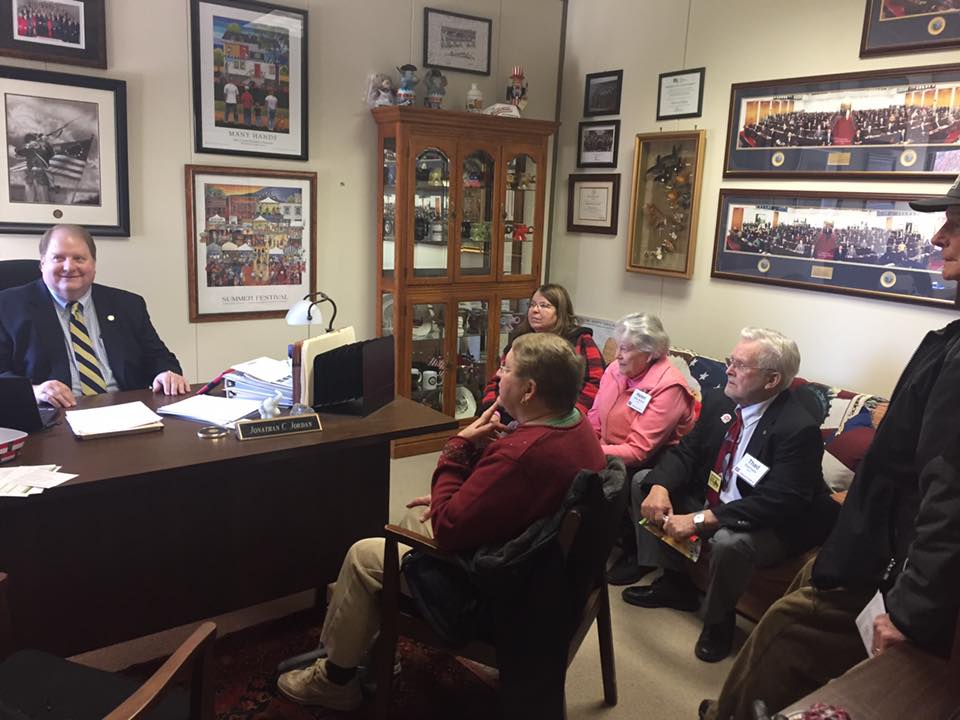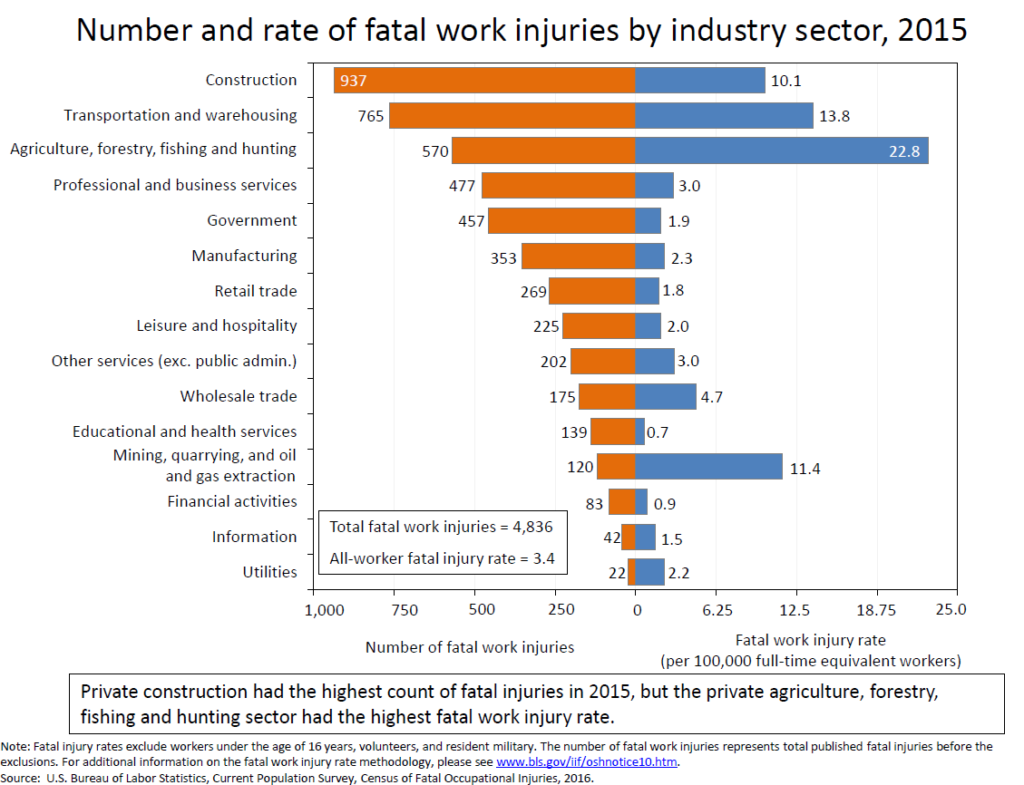For more than two decades, two out-of-state trial lawyers have made millions suing farmers across the country. Four years ago, they came to North Carolina and started picking fights between about 90 hog farms and their neighbors, alleging the farms were nuisances. The lawyers told the neighbors they could recover substantial damages far exceeding the value of their homes. They didn’t ask the farmers to address the alleged nuisances—they just asked for money.
Interestingly, a judge kicked these lawyers off the cases, finding there was “credible undisputed evidence” they had violated North Carolina’s legal ethics rules as they recruited clients. Nevertheless, the cases were allowed to continue with new attorneys.
Most reasonable people understand there are some aspects of farming that are unpleasant. You can’t raise animals without some odor; you can’t transport farm products without trucks; and you can’t work the soil without occasionally stirring up dust. Recognizing this reality, North Carolina’s right-to-farm statute provides farmers with a limited defense against some nuisance lawsuits. But the right-to-farm law is silent about the amount of damages that can be recovered in nuisance actions.
In 2015, a federal judge considering these cases ruled that North Carolina’s nuisance law isn’t clear on damages. If this isn’t clarified, more lawsuits will be filed, pitting neighbor against neighbor. That means more money for the lawyers.
That’s why a bill was introduced last week in the N.C. House of Representatives. House Bill 467, introduced by Reps. Jimmy Dixon, John Bell, Ted Davis and David Lewis, would limit the compensatory damages in nuisance cases to the market value of the plaintiff’s property. Basically, if a nuisance reduces the value of your home by $25,000, you can be awarded up to $25,000.
The bill doesn’t prevent a neighbor from recovering damages in a legitimate nuisance suit. It cuts off the incentive for lawyers to use farmers and their neighbors to grow their bank accounts.
Farmers care about the communities they live in. Many times, they work with their neighbors to address problems and create solutions without unnecessarily wasting resources settling complaints in court. House Bill 467 is an assurance to all farmers that they can farm their land without the fear of repeated litigation and without the specter of catastrophic damages and legal fees.
The General Assembly should quickly pass H. 467.








 First and foremost, congratulations to Ray Starling on being named Special Assistant to the President for Agriculture, Trade and Food Assistance. NC Farm Bureau President Larry Wooten said it best, “This appointment sends a clear message that the White House is serious about addressing the needs of American farmers and rural communities, and I believe Ray Starling has the knowledge, experience, and vision to be a strong advocate for American agriculture.”
First and foremost, congratulations to Ray Starling on being named Special Assistant to the President for Agriculture, Trade and Food Assistance. NC Farm Bureau President Larry Wooten said it best, “This appointment sends a clear message that the White House is serious about addressing the needs of American farmers and rural communities, and I believe Ray Starling has the knowledge, experience, and vision to be a strong advocate for American agriculture.”